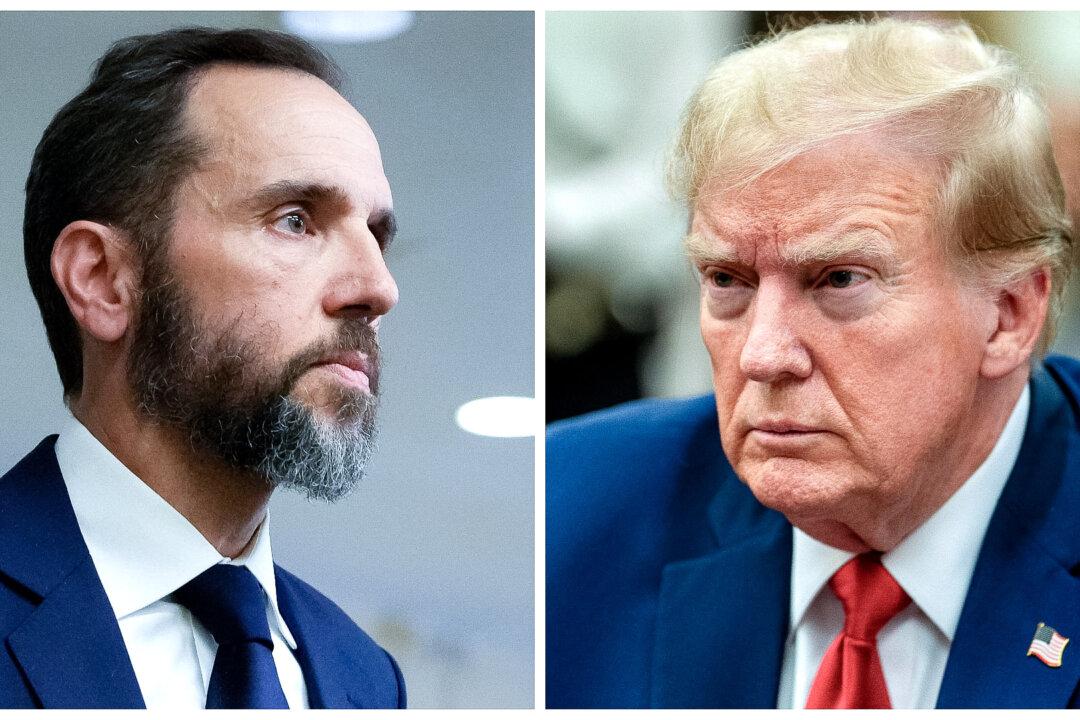Former President Donald Trump and Special Counsel Jack Smith filed motions on Thursday, asking the court for different trial dates in the classified documents criminal case in Florida.
Mr. Smith’s motion, filed on Thursday evening, requested a new trial date of July 8 and proposed a schedule for going forward that includes monthly status conferences so the court can ensure deadlines are being met.





